TABLE OF CONTENTS
- How much is a trip to China?
- What to pack for a trip to China?
- Money
- Clothing that is sensible
- Backpack for Travel
- Suitcase on Wheels
- A handbook (Map)
- Phrasebook
- Mask for Pollution
- Adapter for Power
- VPN
- Insurance for Travel
- Health preparation
- Capsules of Activated Charcoal
- Hygienic products
- Bottle of Filtered Water
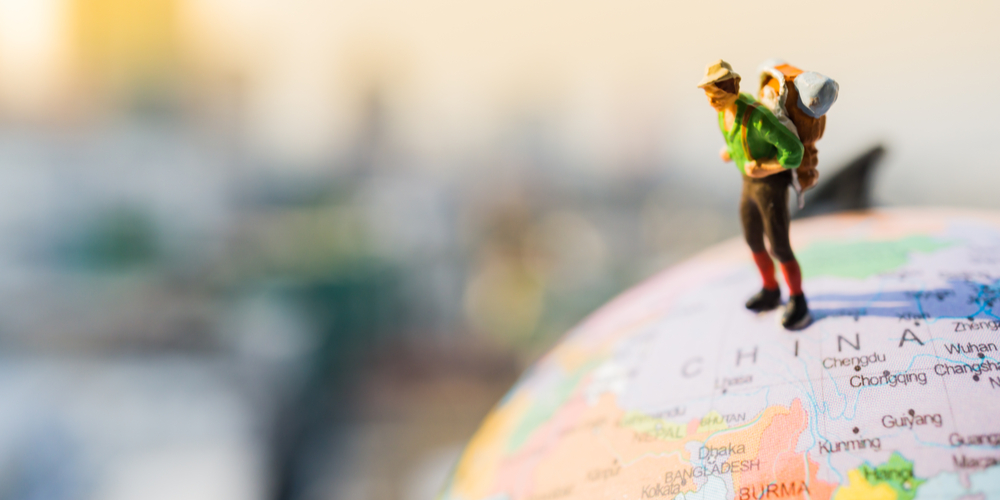
After getting a China visa with the help of Pickvisa, now you need to know more about this eastern country. China is situated in eastern Asia, on the Pacific Ocean's western shore and you need special things to pack for a trip. It covers a massive physical region of 9.6 million square kilometers (about the size of the United States or Europe) and is home to almost 1.4 billion people (more than America and Europe combined).
The country's highlands and hill areas cover 65 percent of its overall acreage, with over 2,000 lakes sprinkling the landscape. Qomolangma (Mt. Everest) in Tibet is the world's tallest mountain peak, rising 8,848 meters above sea level. We will give a clear guide about things to pack when traveling to those places.

The majority of China has a continental climate, while it does have an ocean coast, and latitudes span from tropical to Siberian, resulting in a wide range of temperatures and weather.
China has been attracting a growing number of Western visitors keen to see its beauty and culture since the 1980s. While there are some suggestions for making your first trip to China go more smoothly, most visitors find the nation to be simple to navigate and well worth the effort. The five most well-known tourism cities in China are Shanghai, Beijing, Guilin, Xi'an, and Hong Kong. Now it is time to answer your question of how much is a trip to China.
How much is a trip to China?
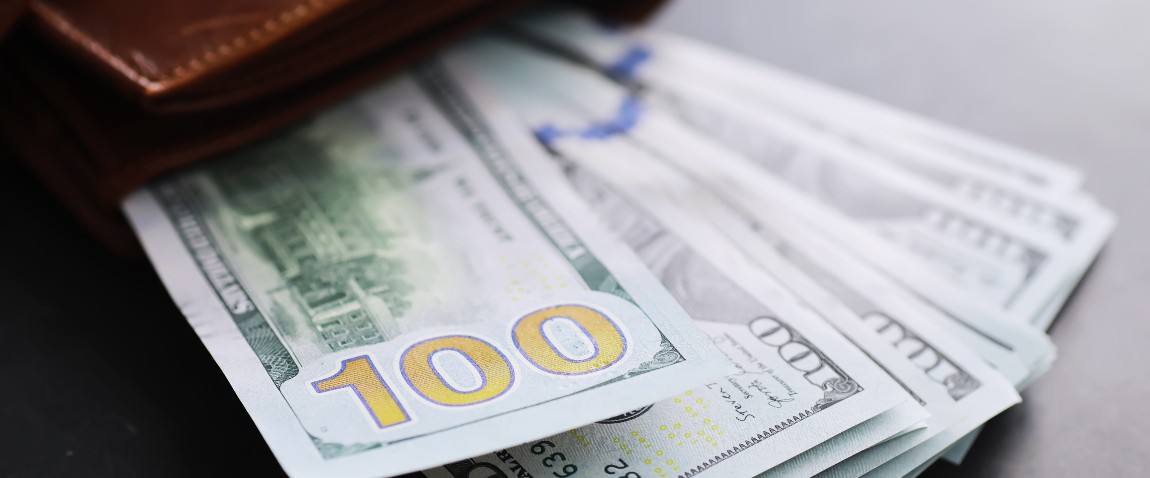
Airfares range from roughly 800 to 1300 USD for an economy round trip, depending on when you go and which airline you fly with. If you obtain a good offer or are prepared to take a layover or two (or more!) pauses, you may save up to $400 and can spend that money for fun things to pack for a road trip.
The most costly season to visit China is during the summer. Traveling to China in the winter, from December to March (excluding during Chinese New Year), is around 40% less expensive than in the summer, from June to August, but it needs additional things to pack when traveling.
Beijing, Shanghai, and Hong Kong are the most popular entrance and exit cities in China.
The cost of traveling in China is determined by the cities you visit. In general, China cities are divided into three pricing bands, with the cost of travel decreasing as you progress from the top tier to the third.
- Top tier: Hong Kong and Macau are in a class of their own, being China's most expensive cities.
- 2: The second tier includes Shanghai, Shenzhen, Beijing, Hangzhou, and Guangzhou.
- 3: The third tier includes Chengdu, Guilin, and Xi'an.
Due to the high expense of shipping supplies in distant locations like Tibet and the Yellow Mountains, prices for tourist hotels and other services are inflated (though local living costs are low).
Intercity transportation is another significant cost of seeing China (domestic flights, trains, etc.). The values below are estimates.
Train travel between Chinese cities costs 50 to 100 USD, while economy flights cost 80 to 300 USD. (Multiply by 2 or 3 for first or business class.)
The cost of a train ticket does not change considerably depending on the time of day or season.
In general, the earliest and latest flights, as well as the low season (winter) and stopover flights, will be the cheapest.
Public transportation in China's cities is highly economical, convenient, and safe. In the larger cities, subways, cabs, and buses are well-served. In Beijing, for example, metro rates range from 3 to 8 yuan, public buses from 1 to 5 yuan, and taxis from 13 yuan.
Food prices in China vary greatly based on the type of restaurant you visit.
In a nice restaurant, expect to pay between 5–15 USD per person for a dinner, and 30–60 USD for more costly establishments.
A bowl of rice noodles will set you back less than a dollar in third-tier cities like Guilin. Trying local food in restaurants or on the streets is a great way to have a genuine Chinese experience while also saving a lot of money.
Now, it is time to talk about other important stuff like things people forget to pack. So, let’s continue our journey!
What to pack for a trip to China?
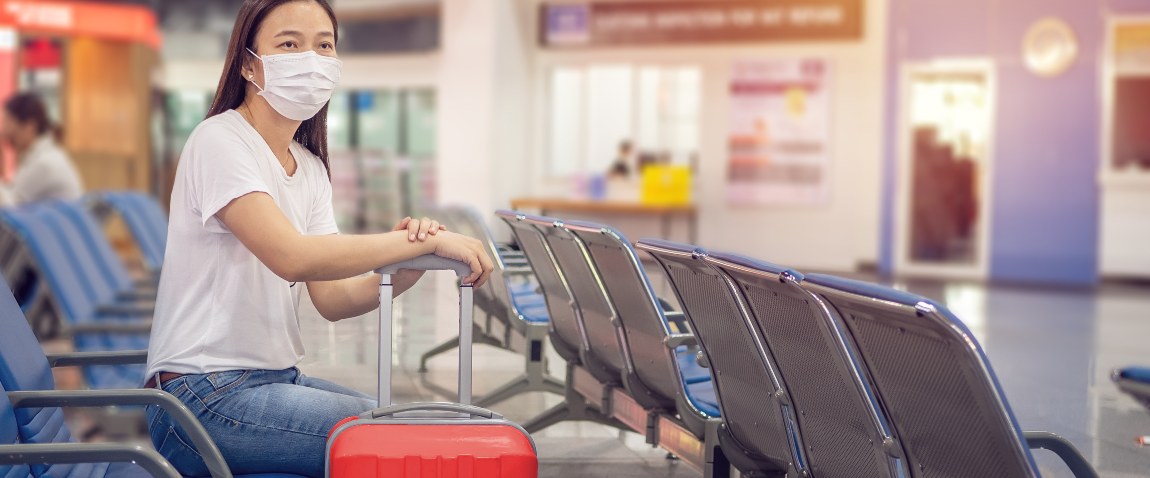
China will be one of the most culturally shocking experiences of your life, and it is also diverse in terms of regions, weather, and topography, so deciding what things to pack for a trip to China takes some planning.
The standard luggage allowance for China is typically not very large, thus it does not include non-essential things, which are often unnecessary. If you're considering a trip to China, you may save money by packing carefully.
If you're unsure what to pack for a trip to China, we've put up this guide to assist you. Check out our comprehensive China packing list below, which contains both must-pack items and others that may be left behind.
Money
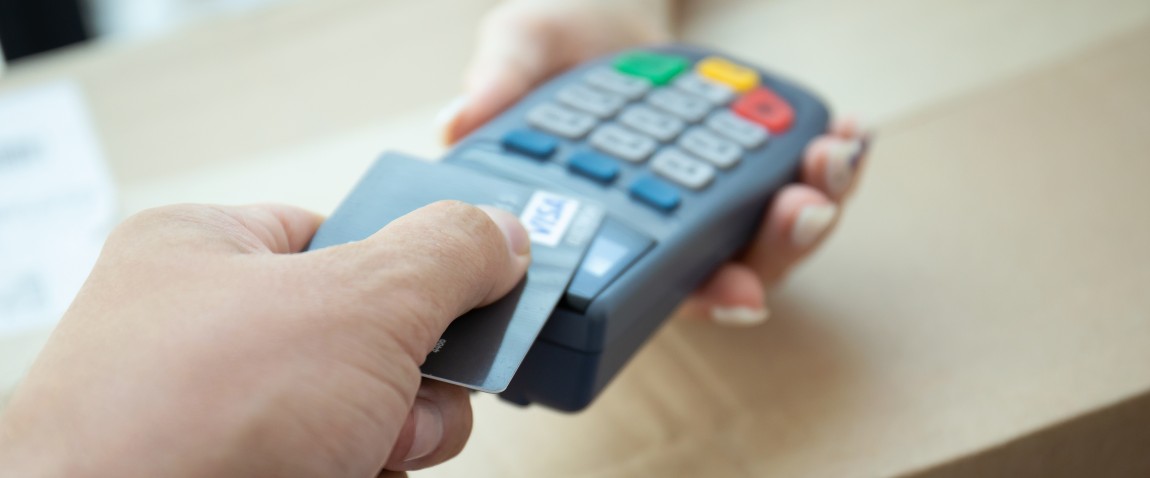
Prepare ahead of time by having the Chinese Renminbi in notes ready to use when you arrive in China. Because not all places take card payments or international currencies like Euros, or US dollars, having local cash on hand is essential. Exchanging money in advance also guarantees that you obtain the greatest exchange rate available.
Clothing that is sensible

If you decide to travel to China, check what time of year you will be visiting China and then pack appropriate clothing and footwear. When sightseeing, a decent pair of trainers is always suggested because you will be doing a lot of walking. Summer in China is particularly hot, so pack light for this season and consider bringing an umbrella.
Winter is a good time to bring warm clothing because temperatures in China can drop dramatically during this time. Gloves, a hat, a thick insulated coat, a fleece, and a sweater are all suggested. If you plan on being outside or participating in adventure activities such as trekking, such as traversing the Great Wall of China, you should have a raincoat and proper boots. Keep in mind, however, that you should not overpack. You can always buy anything there if you forget something.
Backpack for Travel
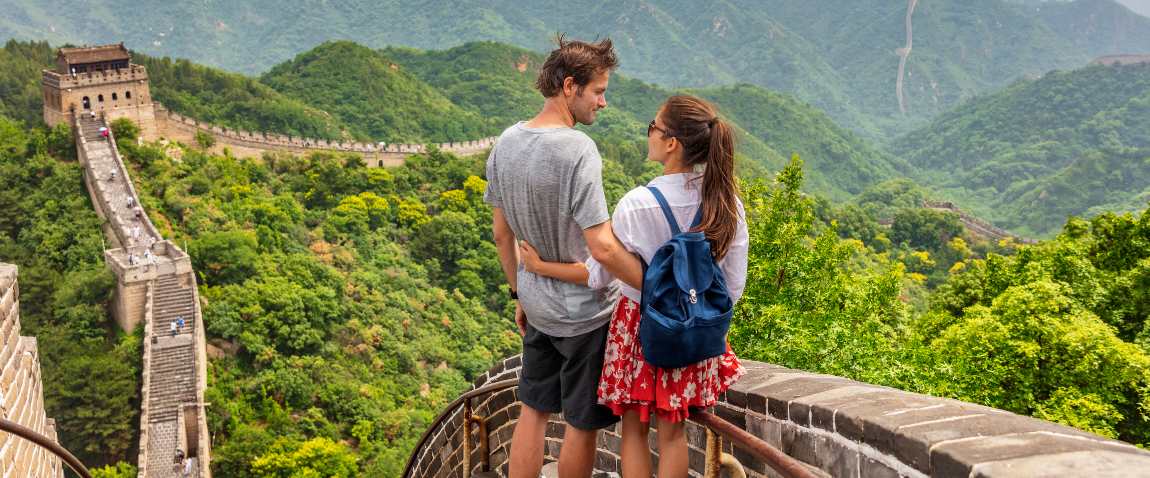
After obtaining a China visa, you need backpacks! Backpacks are useful and comfortable for travelers. You don't need a tough backpack if you're trekking across China. It may be used as carry-on luggage at the airport or for sightseeing in China.
Choose a backpack with a cushioned laptop sleeve and a decent ergonomic design to avoid feeling the weight of your belongings. Backpacks nowadays are designed with new features, so pick one that fits your demands and makes your travel simpler.
Suitcase on Wheels

Even on a short vacation to China, you'll likely travel a considerable distance and do a lot of walking, which means your luggage will likely get thrown around at the airport, dragged behind you as you move from one location to another, and tugged along uneven roads and pavement, among other things. This rolling luggage is preferable to those with four wheels since it is much easier to carry. It's also light and inexpensive.
A handbook (Map)
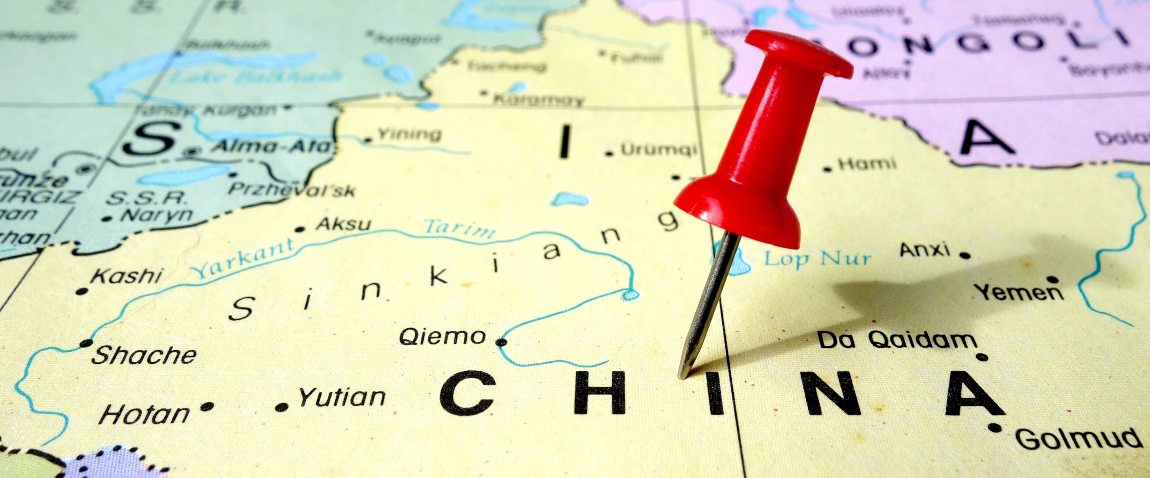
China is a large nation, so knowing where to go and what to do is crucial. Be careful. It is among things people forget to pack when traveling to China and have trouble traveling. A printed guidebook may be cumbersome to carry about, but it can greatly enhance your experience by assisting you in locating the greatest sights to see and places to visit.
You may appear to be a tourist, yet guidebooks are a godsend when you get lost and can't communicate in the local language. You may even use your phone or tablet to get an internet guide. Make sure you have a map of all the areas you wish to see; this will come in helpful in China because the majority of the street signs will be in Chinese!
Phrasebook

When traveling in China, the language barrier might be one of the most difficult obstacles to overcome because most individuals you encounter will not be able to communicate in English. You won't need to be fluent in Mandarin or Cantonese to have a good time, but knowing at least a few fundamental words and phrases will make the event go more smoothly.
You may purchase a phrasebook, print out some key Chinese words for travel in China, or download an app to assist you to converse with locals.
Mask for Pollution
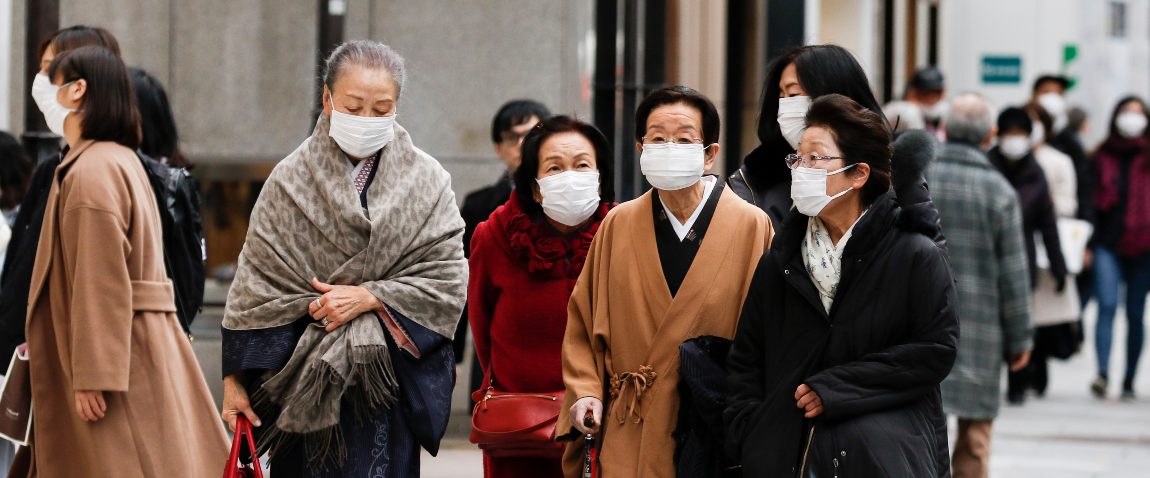
China has a significant pollution problem, particularly in most cities, and it now has Coronavirus, which is awful. You'll notice many locals wearing masks as they go about their daily lives on the street, so don't worry about appearing like a tourist if you wear one — it's a good idea to protect yourself while in polluted regions. Purchasing a high-quality mask before leaving can help you avoid paying a greater price for one once you arrive.
Adapter for Power
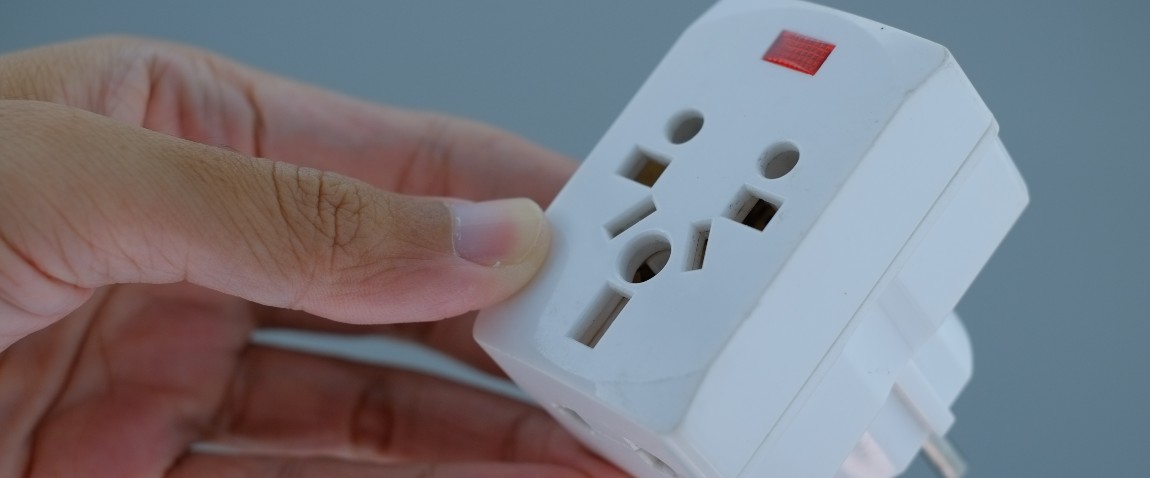
China's power is supplied at 220 volts and 50 Hz. Types I, B, and C are the most widely used socket types. To be safe, it's preferable to have a universal adapter to guarantee that you can always charge your gadgets, regardless of the socket, and that they don't get fried when charging!
VPN
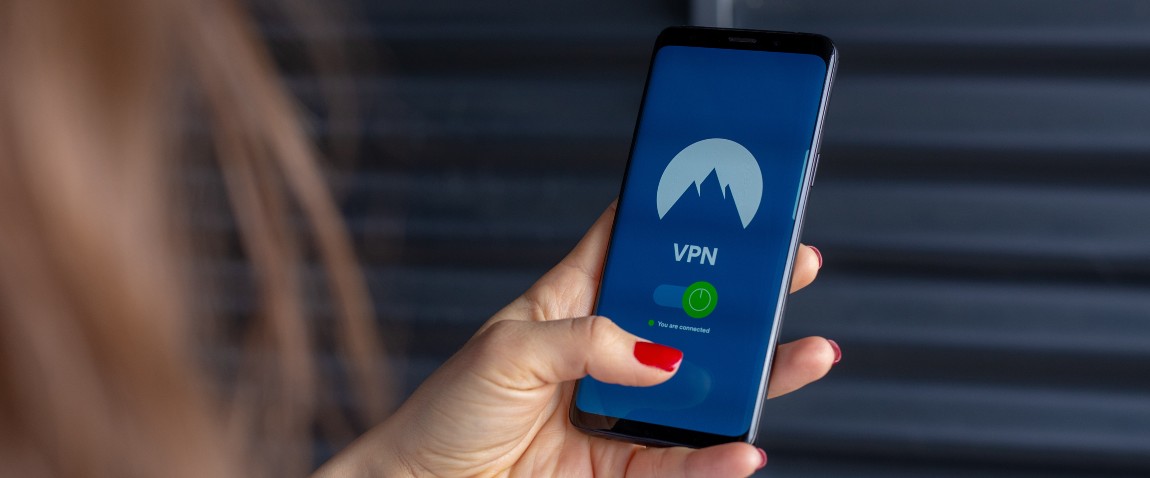
China's Internet surveillance and censorship are notorious. Many websites are restricted (including Google, Facebook, and YouTube), so you won't be able to access your favorite websites while abroad unless you have your own private network. To overcome this issue, I propose NordVPN. Keep in mind that the Internet is still watched, even if you're using a VPN, and you'll want to avoid raising any red flags with your surfing patterns.
Another incentive to obtain a reliable VPN is that it secures your passwords, credit cards, and identity with only one click. Tourists are known to be targeted by hackers who use unprotected WiFi networks.
Insurance for Travel

It is not among the fun things to pack for a road trip but China is a country where having travel insurance is a must. Expect the unexpected and be ready for changes that you might not have anticipated. You wouldn't drive a car without insurance, so why would you travel without travel insurance?
Health preparation

Malaria and Dengue Fever are prevalent in many places of China, so be prepared to fight mosquitoes. These bracelets are really effective and do not contain deet. It's also a good idea to pack bug repellent.
Capsules of Activated Charcoal

It's critical to remain hydrated on your China trip if you're going to be active. If you wish to avoid traveler's diarrhea, which is a common occurrence when visiting new countries, medicine can help. It's a good idea to bring some activated charcoal capsules with you if you intend on sampling new meals or visiting new places.
The charcoal will absorb any toxins or irritants that are causing your stomach to upset, as well as invigorate your system. This is a lifesaver that will quickly get you back into a vacation mindset.
Hygienic products

Hand sanitizer, antiseptic towelettes, antibacterial wash, tissues/toilet paper, lubricating eye drops, saline nasal spray, cold medication, moisturizer, and lip balm are some of the essentials to keep you healthy. All of these items will assist with day-to-day sightseeing, pollution, and the environment.
Bottle of Filtered Water

In China, there are many free drinking fountains in places like railway stations and other public spaces, and a filtered water bottle is perfect for carrying water with you so you don't have to buy pre-bottled drinking water, which is expensive and pollutes the environment.
Get your visa with one click
Ready to get visa assistance without waste time?



